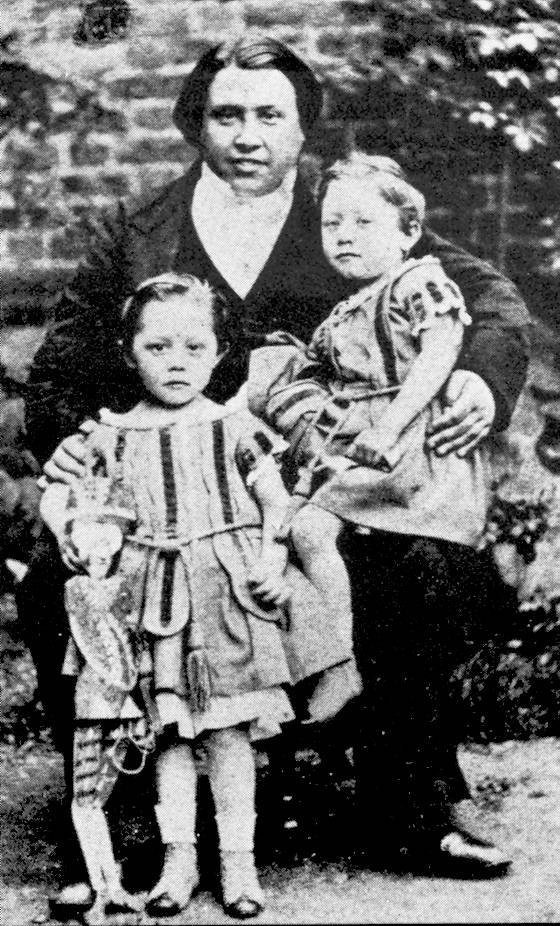C.H. Spurgeon: Pastor-Theologian (Part 4)
Established Ministry and Death
By 1875 Spurgeon’s Tabernacle and accompanying ministerial enterprises had born tremendous fruit. The Pastor’s college was filled with eager young ministers, the orphanage had grown substantially, and the membership of the Tabernacle held steady at over 4,000 people. In 1880 the Spurgeons moved to a more expansive home as well, a suburban estate south of London called Westwood. “People had long told Spurgeon that because of his rheumatic condition and his wife’s ill health he ought to live outside the city…to escape the damp and fog of London.”[1] He received criticism for the purchase, even though the sale of his London home almost completely covered the cost. It was a beneficial move for the family and served as a hub of ministry for Spurgeon until the time of his death.
The Pastor-Theologian’s Private Struggles
Spurgeon met Susannah Thompson when he was called to London to pastor New Park Street, where her parents were members. They pursued a quiet courtship and were married on January 8, 1856. Theirs was a sweetly devoted relationship, though not free from troubles. Spurgeon traveled often for various preaching engagements and his wife missed him terribly. They had twin boys on September 20 of 1865, just one month before the Surrey Gardens Tragedy. Two years later, Susannah’s health failed, and she became an invalid for the remainder of their marriage. Biographers neglect to treat this topic in full, though she underwent multiple surgeries from the father of modern gynecology, Dr. James Simpson. Following the birth of the twins, she most likely never knew full recovery. Despite her painful condition, she extended the ministry of her husband though her generous Book Fund, extensive correspondence, and ardent personal support.
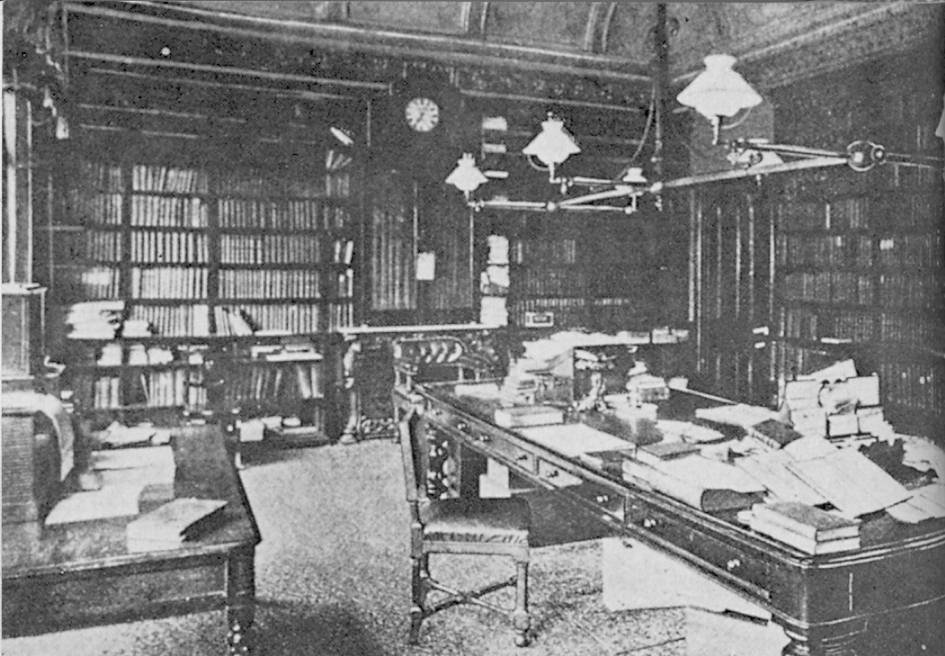
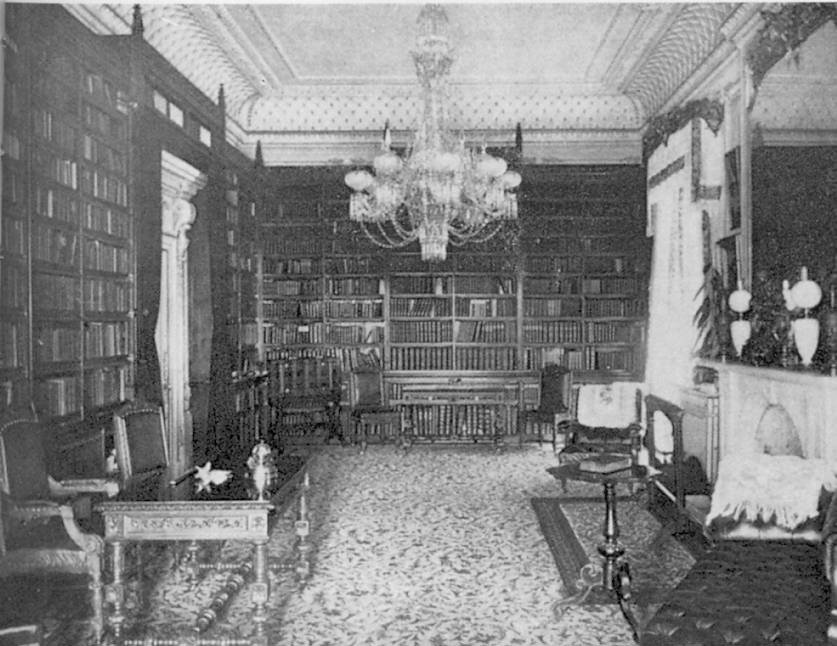
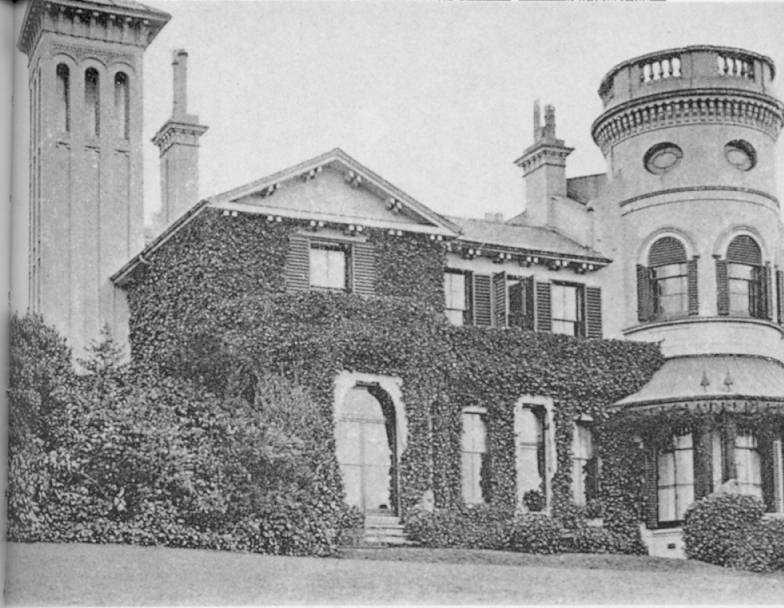
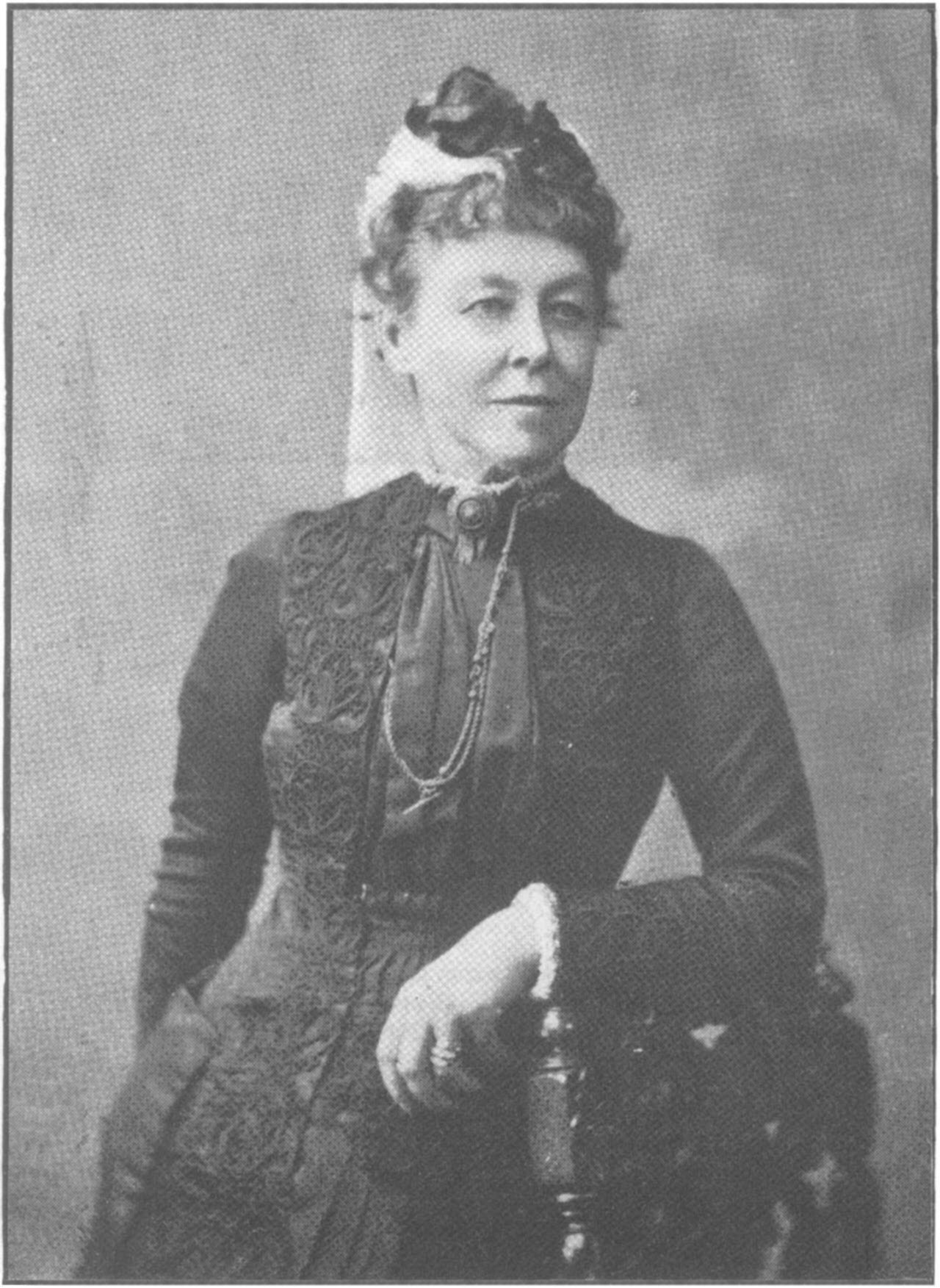
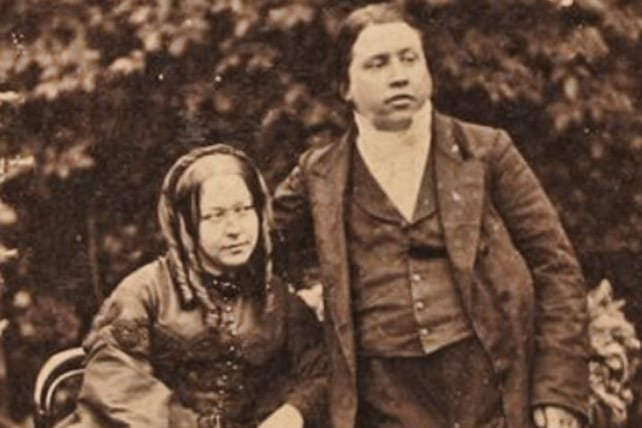
Spurgeon himself endured tremendous physical and emotional suffering during his life. He endured a highly painful arthritic condition in his feet (Gout), as well as kidney disease (Bright’s Disease). Emotionally, he suffered greatly as well. He was often depressed and brought low by a host of embattlements. He was criticized by his fellow ministers from the time he arrived in London. For example, at an 1854 London Baptist general meeting, one pretentious prayer was uttered for him, that God would “bless our young friend who has much to learn, and so much to unlearn.”[2] He endured slanderous treatment from the press as mentioned, and the Surrey Gardens tragedy took a tremendous emotional toll. But no conflict caused more heartbreak for Spurgeon than the Downgrade Controversy, beginning in 1887 and continuing until his death. To one friend he commented, “This fight is killing me.” Following Spurgeon’s death, his son pronounced that the Baptist Union was indirectly responsible. To Archibald Brown, head of the Baptist Union at the time, Thomas jabbed, “The Baptist Union almost killed my father.” Brown retorted, “Yes, and your father almost killed the Baptist Union.” Susannah also agreed that the Downgrade took a toll on her husband, calling it the “deepest grief of his life.”[3]
1884: A Jubilee
On June 19, 1884, The Metropolitan Tabernacle held a special service for the 50th birthday of their beloved pastor. The event lasted two evenings. Spurgeon’s father headlined a long list of dignitaries and guests all gathered for the celebration and his dear friend D.L. Moody spoke.[4] Lord Shaftesbury heard the list of the sixty-six organizations Spurgeon managed and expressed deep gratitude for the extensive public ministry of the Tabernacle pastor.[5] Despite encouragements to the contrary, Spurgeon would not go on much longer. He enjoyed the fruits of his labor and continued in ministry for just eight more years.
The Pastor-Theologian Finishes His Course
Spurgeon stepped into the pulpit of The Metropolitan Tabernacle for the last time on June 7, 1891. His text was 1 Samuel 30:21-25 and the sermon titled, “The Statue of David for the Sharing of the Spoil.” He characteristically extolled the glories of service to Christ, saying, “His service is life, peace, joy. Oh, that you would enter on it at once! God help you to enlist under the banner of Jesus Christ!”[6] He would spend three months struggling to recover from influenza before the damp darkness of fall descended upon London. Sickness and season forced him to retreat to Mentone, France, his most frequent place of rest. He appeared to improve for a short time, but by mid-January 1892 his condition had worsened to the degree that hope of recovery was abandoned. Just after 11:00 p.m. on January 31, Spurgeon passed over. His body was brought back to London to lay in state at the Pastors’ College for two days as private memorial services were conducted. His students then lovingly carried the body of their president to the Tabernacle for public viewing the next day. More than 60,000 Londoners passed through the Tabernacle to pay their respects and more than 20,000 attended the memorial services.
As expected, the work Spurgeon began carried on in his absence. The Tabernacle moved forward, eventually seeing Spurgeon’s son, Thomas accept the call to the pastorate. The organizations and publications continued to engage and influence London, but the valiancy of their founder was deeply missed.
And the people returned to London, to take up their duties in the Tabernacle, the college, the almshouses, the orphanage, and the numerous missions and schools, to labor with fervor and patience as they had done for years, but yet to feel a sad difference, for the leader, the pastor they had loved, was no longer there.[7]
His indelible impact on London and Christianity was immediately admitted, as many who paid tribute acknowledged the depths of his influence. One such admirer remarked that the work of Spurgeon would become greater after his death than during his life, and in the current work there is hearty agreement. Spurgeon deftly occupied the historical office of pastor-theologian and his example instructs modern readers profoundly, even after his death.
Summary
Charles Spurgeon was just 58 years old when he went to his reward, meeting the savior he so eloquently exalted through his ministry as pastor-theologian. His early encounters with Puritan greats in the dark den of his grandfather’s library set him on a trajectory that would terminate in one of the most influential pastorates in history. His Puritan beginning produced a robust Calvinism galvanized by his consistent study of Scripture, theology, and church history.
We only use the term “Calvinism” for shortness. That doctrine which is called “Calvinism” did not spring from Calvin; we believe that it sprang from the great founder of all truth. Perhaps Calvin himself derived it mainly from the writings of Augustine. Augustine obtained his views, without doubt, through the Spirit of God, from the diligent study of the writings of Paul, and Paul received them of the Holy Ghost, from Jesus Christ the great founder of the Christian dispensation.[8]
His theological development and delivery marked his pastoral ministry at Waterbeach and New Park Street as the crowds thronged to hear. His initial message at the Metropolitan Tabernacle exemplified his theological distinctives as he promised to focus the ministry upon the person and work of Jesus Christ. As his ministry expanded, Spurgeon built the Pastor’s College upon an explicitly “Puritanic” foundation. His institution began training men in a theological method which Spurgeon believed embodied more gospel truth than newer methods. He had an intentional hope in this endeavor: “…that by God’s help, [we] hope to have a share in that revival of Evangelical doctrine which is as sure to come as the Lord Himself.”[9] Spurgeon’s publishing ministry, whether through the Penny Pulpit, the books, or the Sword and Trowel magazine, extended his theological ministry far beyond London to those who never attended the Tabernacle.
In his efforts as pastor-theologian, Spurgeon centered his ministry upon the Tabernacle itself as a particular kind of generalist, building up the body in London. It was from the epicenter of ministry at the Tabernacle that the multitude of Spurgeonic enterprises were launched. He was, using Vanhoozer’s language, an artisan in the house of God whose theological voice consistently resounded from his pulpit with great consequence. Indeed, his voice resounds today.
Notes
[1] Dallimore, Spurgeon, 168.
[2] Fullerton, C.H. Spurgeon: A Biography, 66-67.
[3] Spurgeon, Autobiography, Volume 2, 470.
[4] “I want to say to you, Mr. Spurgeon, ‘God bless you.’ I know that you love me, but I assure you that I love you a thousand times more than you can ever love me, because you have been such a blessing to me, while I have been a very little blessing to you. When I think of a man or woman who has been in this Tabernacle time after time, and heard the Gospel, I pity them, deep down in my heart, if they are found among the lost. I have read your sermons for twenty-five years, and what has cheered my heart has been that in them was no uncertain sound.” Ibid., 398.
[5] “I will begin by saying he stands as a marvel before you; fifty years old, and thirty-one years out of that fifty have seen him in the ministry! He began his ministry when only nineteen and see him now going on as he began. He has not been puffed up by success, but humbled and animated the more to go on 1n his noble career of good which God in His merciful providence had marked out for him, and for the benefit of mankind. I cannot but call your attention to this; but your attention is not required to it. I want to tell you what we outsiders think. What a tale of his agencies read to you just now! How it showed what a powerful administrative mind our friend has! That list of associations, instituted by his genius, and superintended by his care, were more than enough to occupy the minds and hearts of fifty ordinary men. It seems to me to be the whole world in a nutshell. He carries on his Orphanage and various other institutions, and | would impress upon you that in which I think he shines the brightest—in the foundation and government of the Pastors’ College. My worthy friend has produced a large number of men, useful in their generation, to preach the Word of God in all its simplicity and force, adapted to all classes, more especially to the large masses around us, to bring forward the principles of elementary truth—no Single man has produced such a body capable and willing to carry on the noble work as our friend whose jubilee we celebrate to-day.” Richard Ellsworth Day, The Shadow of the Broad Brim: The Life Story of Charles Haddon Spurgeon, Heir of the Puritans (Philadelphia: The Judson Press, 1934), 168-169.
[6] Spurgeon, Autobiography, Volume 2, 500.
[7] Dallimore, Spurgeon, 242.
[8] Spurgeon, Autobiography, Volume 1, 162.
[9] Spurgeon., Autobiography, Vol. 1, 387-388.
Spurgeon’s Funeral Procession

